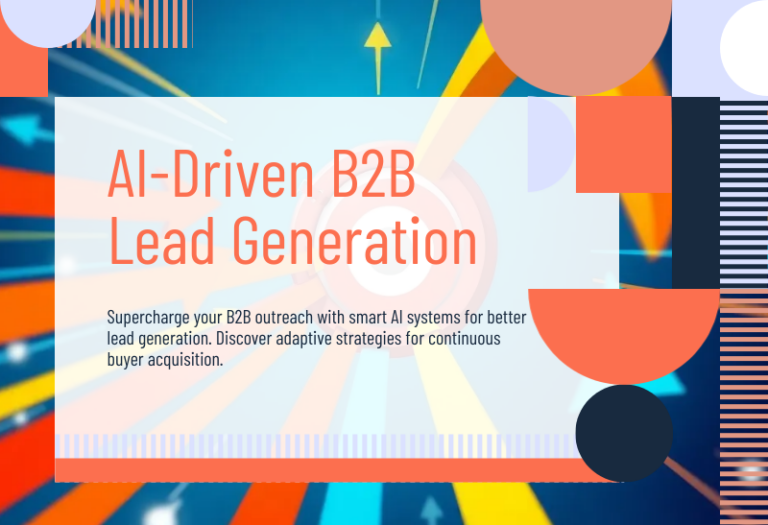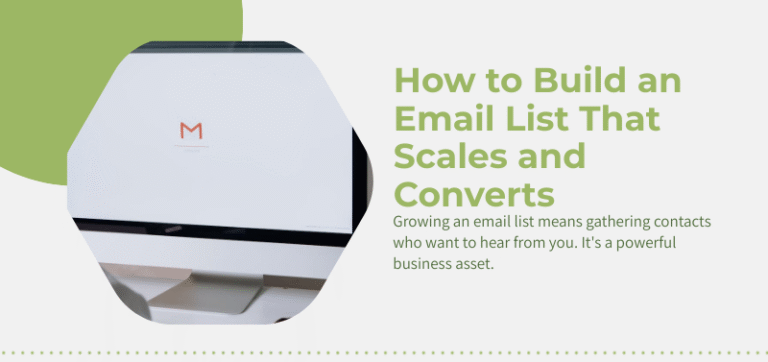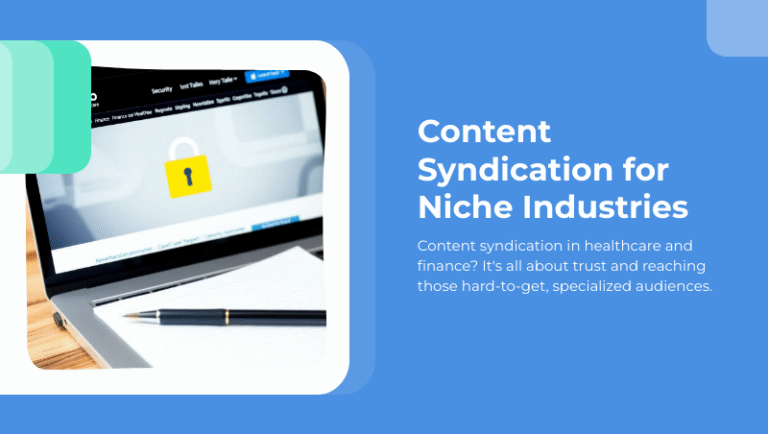
Because B2B sales and marketing are relationship-driven, knowing as much about each lead as possible translates directly into more revenue, yet these companies face significant challenges in managing that mountain of data. Information can seem like too much of a good thing when it comes in an unfiltered torrent, say B2B marketers and sales managers. What B2B organizations need, according to decision-makers in marketing and sales, is a system that can make sense of their information quickly and keep it accessible not only for new prospects but for existing leads and customers.
Powerful, but Under-Utilized
In a poll of B2B marketers from Sirius Decisions, 85 percent of them felt they were not yet using their marketing automation software to its full potential. When exploring that surprising figure, many respondents said they lacked the time to get information into the system and make it useful. Data governance for new information streaming into the system was simple; marketing automation systems excel at big data management. Where some of them faced a challenge was in synching their CRM software to their marketing automation system. In fact, at the time of the survey, only 8 percent were using their marketing automation software for existing customer marketing.
Why were they under-utilizing their systems? It was largely a matter of time. They just didn’t have the time to transfer data to the marketing automation system from the CRM manually.
Data Isn’t Always What It Seems
In our own studies of marketing automation and how it’s used by B2B organizations, we’ve found that automation software architects have listened to their customers, updating and standardizing their platforms to make them integrate seamlessly with most CRMs. One finding that initially startled researchers, though: More B2B businesses that owned marketing automation software rated data quality a concern than those who had not yet upgraded to automation systems. Given the power automation has to process and purify data, this gap seemed counterintuitive.
The problem isn’t with marketing automation tools, though. Deeper digging and more in-depth questions revealed that companies without marketing automation software were not even aware in many cases of the quality of their data or how to measure it. That surprising result exemplifies why big data analysis is important. You don’t always get the results you expect to get. Without ways to interpret and quantify information, it’s impossible to draw the right conclusions.
Making Time for Data Management
One of the major advantages marketing automation offers over conventional marketing software is its time-saving capability. Once data’s in the system, appends, updates, and client account tracking take very little time. Big data applications that draw information directly from sources, such as channel-specific analytics, are also quick; they give users instantaneous, real-time feedback on everything from site visitors to email opens. Where this lightning-fast data access fails for some businesses is in the initial transfer of information to the system. If you haven’t already chosen a marketing automation platform, we recommend investing in a platform that integrates with your existing CRM and other data management software to ease the transfer.
© Reach Marketing LLC 2016 All Rights Reserved.



